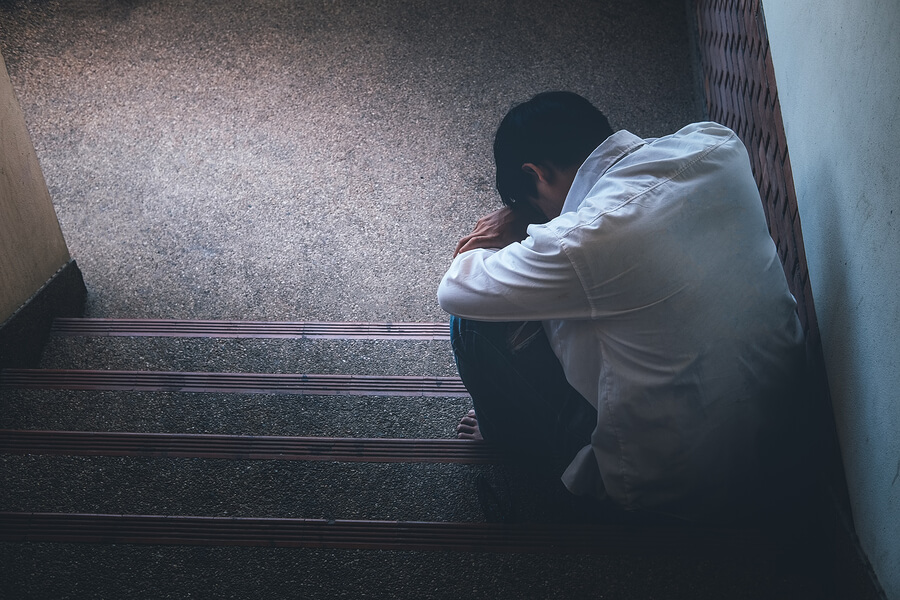If you or someone you know is suffering from depression, you know what it can feel like. A feeling of hopelessness builds as a shadow is cast over your daily life. As that shadow grows, sadness forms and you begin to have less interest in things that usually bring you joy.
Many people are looking for relief. While depression has usually been treated with antidepressants, more and more people are asking a single question now that 33 states (most recently Ohio) have legalized medical marijuana:
Can marijuana help relieve depression?
Since antidepressants come with their own side effects and don’t always help relieve depressive symptoms, this question is continuing to pick up traction. But the reality is that the relationship between marijuana and depression is complicated. In this article, we’ll explore if marijuana use is an effective way to combat depression.
Does Marijuana Relieve Depression?
Over the recent years, there have been many studies that have had conflicting reports on marijuana and depression. But a common link that many reports can agree on is that marijuana can help relieve the symptoms of depressions for a short time.
So, what does that mean? An easy comparison to make is the relationship between antacid and heartburn. While an antacid can relieve the symptoms of heartburn, it does nothing to help with or cure the underlying cause. The same is true for marijuana and depression.
Marijuana has been shown to enhance your mood by temporarily balancing out the parts of the brain related to depression. The major takeaway here is that marijuana helps relieve depression in the short-term, but is in no way a cure.
The Darker Side of Marijuana and Depression
Unfortunately, there’s also risks when people chronically use marijuana to treat their depression. Data has shown that long-term use can actually worsen the symptoms of depression. This can create an unfortunate cycle when it comes to mental health. People get used to the relief marijuana gives their depression, which can lead to prolonged use. In the end, you’re left with worse symptoms than what you started with.
But the risks don’t stop there. In some cases, marijuana can cause psychosis in individuals who are prone to depression. Can marijuana help depression and anxiety? Yes, but it’s important to seek other forms of treatment to address the underlying causes. Before you even consider using marijuana to help treat depression, be sure to talk to your doctor to go over the risks you might be prone to.
Co-Occurring Disorders
Now that we’ve answered does marijuana help depression, there’s one more important thing to mention. Self-medicating with marijuana can cause a person’s tolerance to the drug to increase. As this tolerance builds, there is a greater risk of developing a marijuana addiction.
It’s possible that marijuana and depression can create intense cravings that can lead to more use. Marijuana addiction and depression can co-occur. This will leave you with two serious conditions that need to be treated at the same time. Given the current research, you need to ask yourself – is the short-term relief from depression worth the risks?
Struggling with Marijuana Addiction? We Can Help
Whether you developed a marijuana addiction from self-medicating to relieve your depression or you just used marijuana recreationally, you’re not alone. At Silver Maple Recovery, our evidence-based marijuana treatment is tailored to your specific needs. We also provide dual diagnosis treatment to get to the bottom of your depression and help you find healthier ways to cope without relying on drugs like marijuana.
Give us a call to speak with one of our addiction professionals today. Our staff is available to take your call 24/7 whenever you’re ready to seek help. Together, we can help you break the cycle of addiction and co-occurring disorders.


